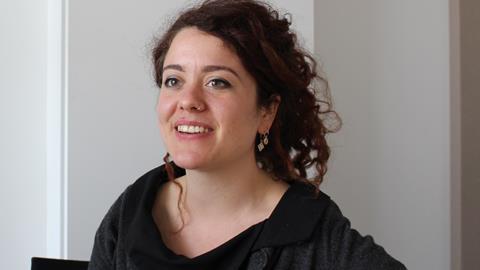Who? Theodora Middleton, solicitor, public law, Bindmans
Why is she in the news? Successfully represented Reclaim These Streets in a judicial review over the Metropolitan Police’s handling of a proposed vigil in memory of Sarah Everard and in opposition to violence against women.
Thoughts on the case: ‘Our clients announced a vigil in memory of Sarah Everard and in opposition to violence against women, under the name #ReclaimTheseStreets. Ms Everard had been brutally attacked and killed by a serving officer of the Met. Our clients were prevented from organising the vigil by threats of large fines and prosecutions. They and others were deprived of the opportunity to gather and express their collective grief and anger about what had happened, and build momentum for change. A year on, the court has held that the police’s decision-making was unlawful, because the officers failed to give proper consideration to our clients’ rights of freedom of expression and assembly, under articles 10 and 11 of the ECHR. The police’s actions were based on a fundamental misunderstanding of the law, as they did not recognise that our clients would not be committing any criminal offence if preventing the protest would be a disproportionate interference with their rights. The decision is a vindication for our clients, but also for others who were prevented from protesting during the pandemic.’
Louisa Rolfe, assistant commissioner for Met operations, said: ‘We are considering the judgment very carefully before deciding whether to appeal the court’s decision.’
Dealing with the media: ‘#ReclaimTheseStreets was born on Twitter and Facebook, and attracted a huge amount of attention. The horrific details of Ms Everard’s death aroused national outrage and distress, and the decision of the police to prevent the vigil from taking place triggered a huge outpouring of support for the claimants’ cause. The media has remained interested in the case despite the events taking place some time ago, and the coverage had been widely very positive.’
Why become a lawyer? ‘My background was in environmental and housing activism. I hoped that law would give me tools to help people secure their rights, fight state violence and contribute to social change.’
Career high: ‘This is one of them. It’s a privilege to have been able to take forward this important challenge to policing during the pandemic.’
Career low: ‘The ongoing erosion of legal aid which makes it increasingly difficult to do the things that motivated me to become a lawyer.’
































No comments yet